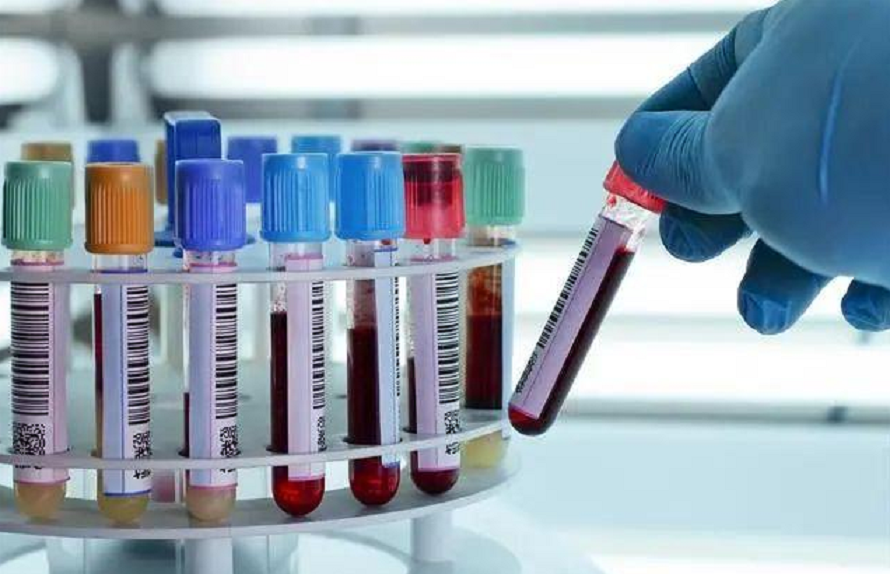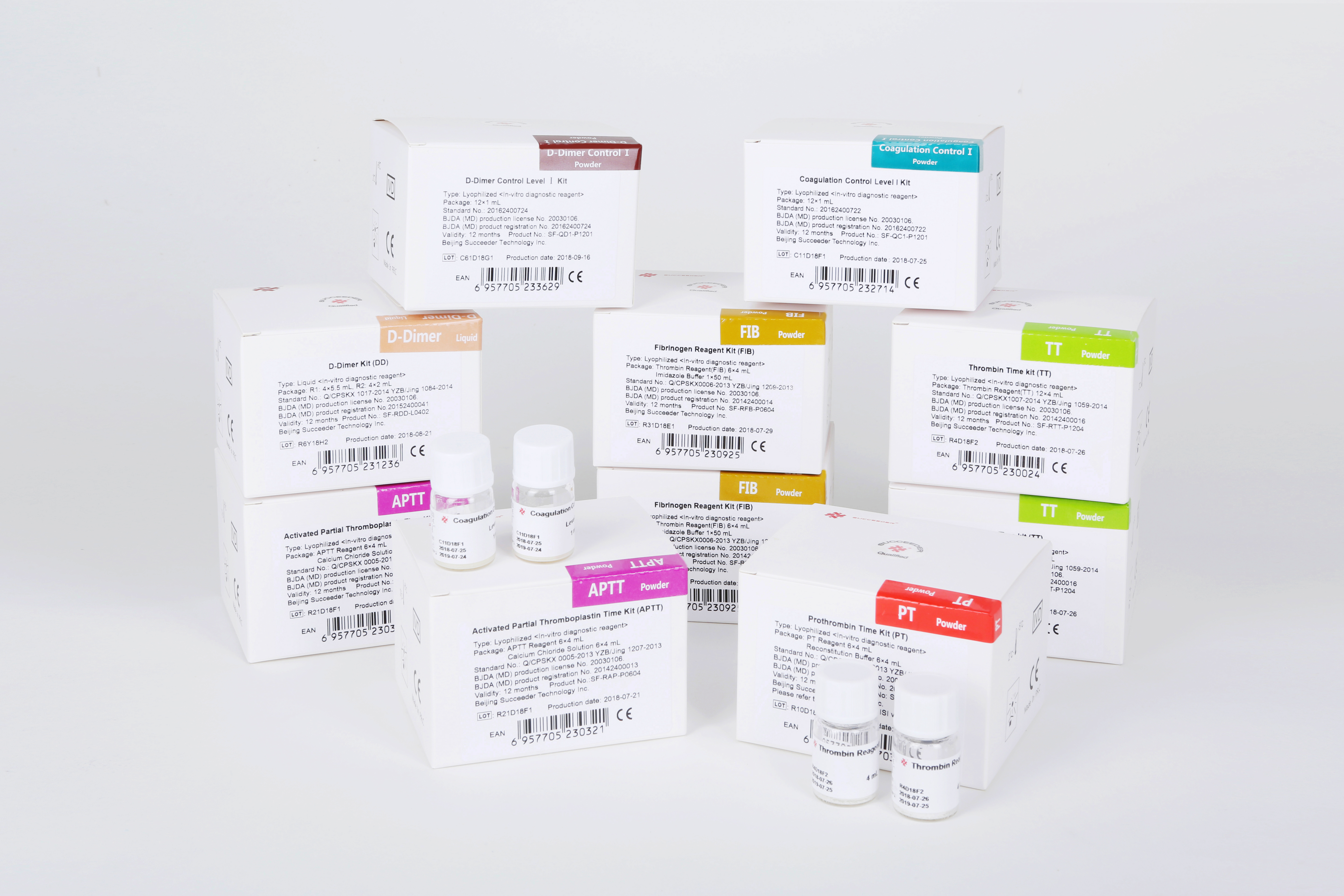-

Will drinking more yogurt cause blood viscosity?
Drinking more yogurt may not cause blood viscosity, and the amount of yogurt you drink needs to be controlled. Yogurt is rich in probiotics. Drinking some yogurt regularly can supplement nutrition for the body, promote gastrointestinal motility, and improve constipation....Read more -

What can cause blood to thicken?
Generally, eating foods or drugs such as egg whites, high sugar foods, seed foods, animal livers, and hormone drugs can cause blood to thicken. 1. Egg yellow food: For example, egg yellow, duck egg yellow, etc., all belong to high cholesteric foods, which contain a large...Read more -

Which fruits contain the most vitamin K2?
Vitamin K2 is an indispensable nutritional element in the human body, which has the effects of anti-osteoporosis, anti-arterial calcium, anti-osteoarthritic and strengthening the liver. The fruits with the most vitamin K2 mainly include apples, kiwifruit and bananas. The...Read more -

What are the symptoms of vitamin K deficiency?
K deficiency generally refers to lack of vitamin K. Vitamin K is very powerful, not only in strengthening bones and protecting vascular flexibility, but also in preventing arteriosclerosis and bleeding diseases. Therefore, it is necessary to ensure the adequacy of vitami...Read more -

What can the lack of vitamin D cause?
Lack of vitamin D may affect bones and increase the risk of rickets, osteomalacia and other diseases. Besides, it may also affect physical development. 1. Affect bone: Regular picky or partial food in daily life may lead to gradual osteoporosis of bone, thus affecting bo...Read more -

What pills can I drink to stop bleeding?
Rapid hemostatic drugs include topical drugs such as Yunnan White Drug; Injectable drugs, such as hemostasis and vitamin K 1; Chinese herbal medicines, such as wormwood and acacia. The powder of Yunnan White Drug contains panax notoginseng powder, which can quickly stop ...Read more

Download
My Order
 Login/Register
Login/Register
 Login/Register
Login/Register
- English
- French
- German
- Portuguese
- Spanish
- Russian
- Japanese
- Korean
- Arabic
- Irish
- Greek
- Turkish
- Italian
- Danish
- Romanian
- Indonesian
- Czech
- Afrikaans
- Swedish
- Polish
- Basque
- Catalan
- Esperanto
- Hindi
- Lao
- Albanian
- Amharic
- Armenian
- Azerbaijani
- Belarusian
- Bengali
- Bosnian
- Bulgarian
- Cebuano
- Chichewa
- Corsican
- Croatian
- Dutch
- Estonian
- Filipino
- Finnish
- Frisian
- Galician
- Georgian
- Gujarati
- Haitian
- Hausa
- Hawaiian
- Hebrew
- Hmong
- Hungarian
- Icelandic
- Igbo
- Javanese
- Kannada
- Kazakh
- Khmer
- Kurdish
- Kyrgyz
- Latin
- Latvian
- Lithuanian
- Luxembou..
- Macedonian
- Malagasy
- Malay
- Malayalam
- Maltese
- Maori
- Marathi
- Mongolian
- Burmese
- Nepali
- Norwegian
- Pashto
- Persian
- Punjabi
- Serbian
- Sesotho
- Sinhala
- Slovak
- Slovenian
- Somali
- Samoan
- Scots Gaelic
- Shona
- Sindhi
- Sundanese
- Swahili
- Tajik
- Tamil
- Telugu
- Thai
- Ukrainian
- Urdu
- Uzbek
- Vietnamese
- Welsh
- Xhosa
- Yiddish
- Yoruba
- Zulu
More Language






 Business card
Business card Chinese WeChat
Chinese WeChat English WeChat
English WeChat